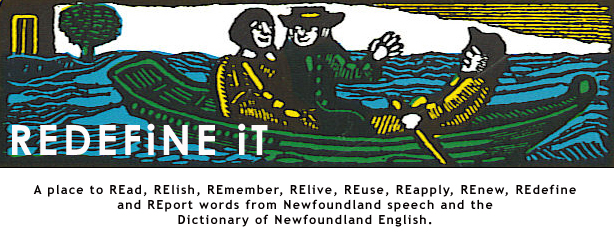The folks at Wikipedia have this to say about quintal:
The quintal or centner is a historical unit of mass with many different definitions in different countries, but usually it is 100 base units of mass, e.g. pounds.
Both terms share their roots in the Classical Latin centenarius, meaning hundredlike, but the quintal has a convoluted etymology: It became Late Latin centenarium pondus, then in succession, Late Greek, kentenarion, Arabic, qintar, Mediæval Latin, quintale, and finally Old French quintal before passing into the English language. The word centner, on the other hand, is just a Germanicized form of centenarius.
The unit was and still is used in the Arab world, where it is known as the qintar. It is currently defined informally as 50 kg. The qintar was reimported to Europe by traders.
In France it used to be defined as 100 livres (pounds), about 48.95 kg, and has later been redefined as 100 kg (mesures usuelles), thus called metric quintal with symbol q. In Spain it is still defined as 100 libras, or about 46 kg, and in Portugal as 128 libras or about 58.75 kg. In English both, quintal and centner, were once alternate names for the hundredweight and thus defined either as 100 lb (exactly 45.359237 kg) or as 112 lb (about 50.84 kg). Also, in Dominican Republic it is about 125 lb.
***
The Word of the Week is brought to you, as always, by Rattling Books, where you will find at least a quintal of quality audio books, some quirky, some quiescent, some queerly querulous. Tales of quixotic quests, of quotidian quietude, and of the odd quick-and-dirty quid pro quo. The very quiddity of literary recording, to quell your quavering and quash your qualms.





No comments:
Post a Comment